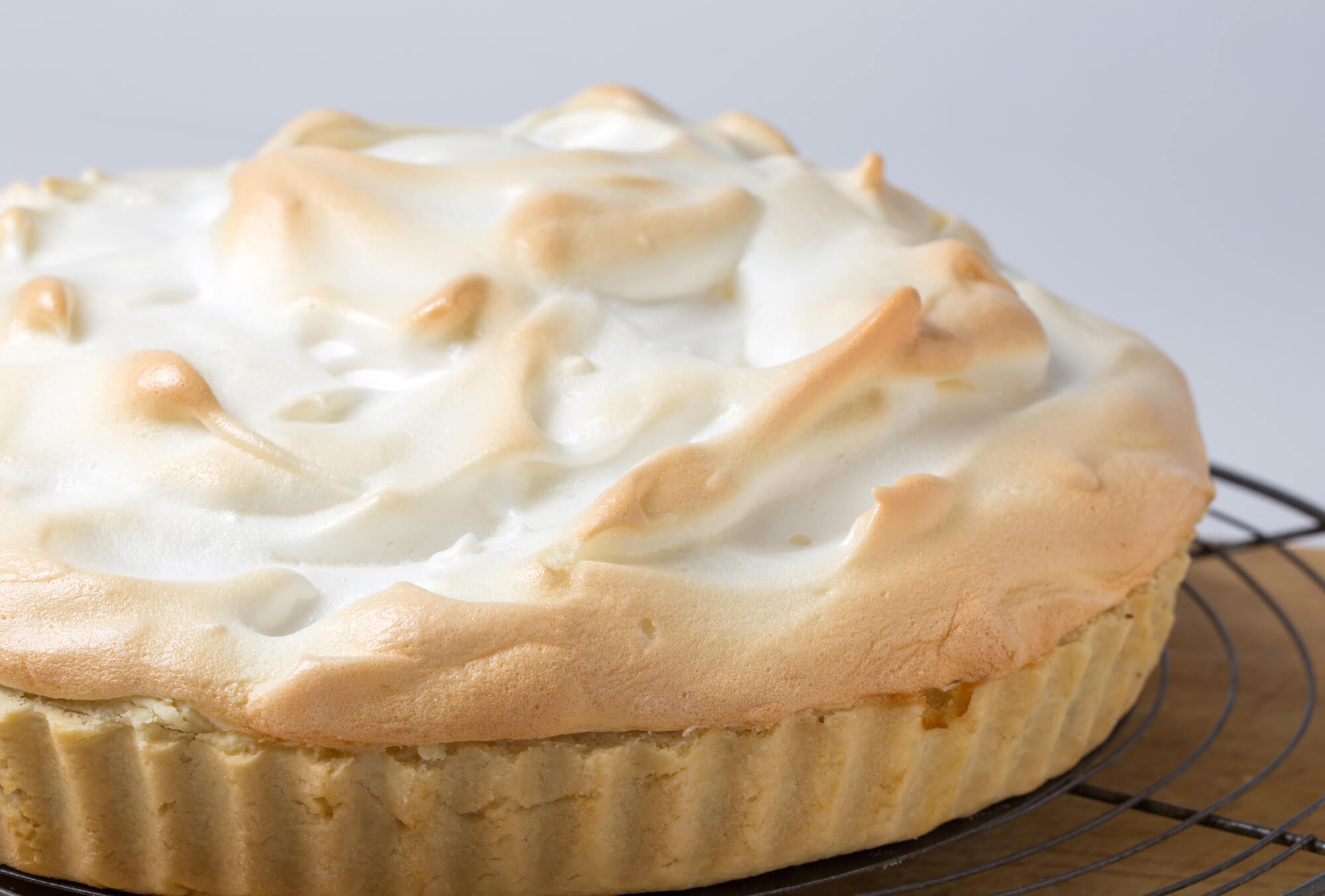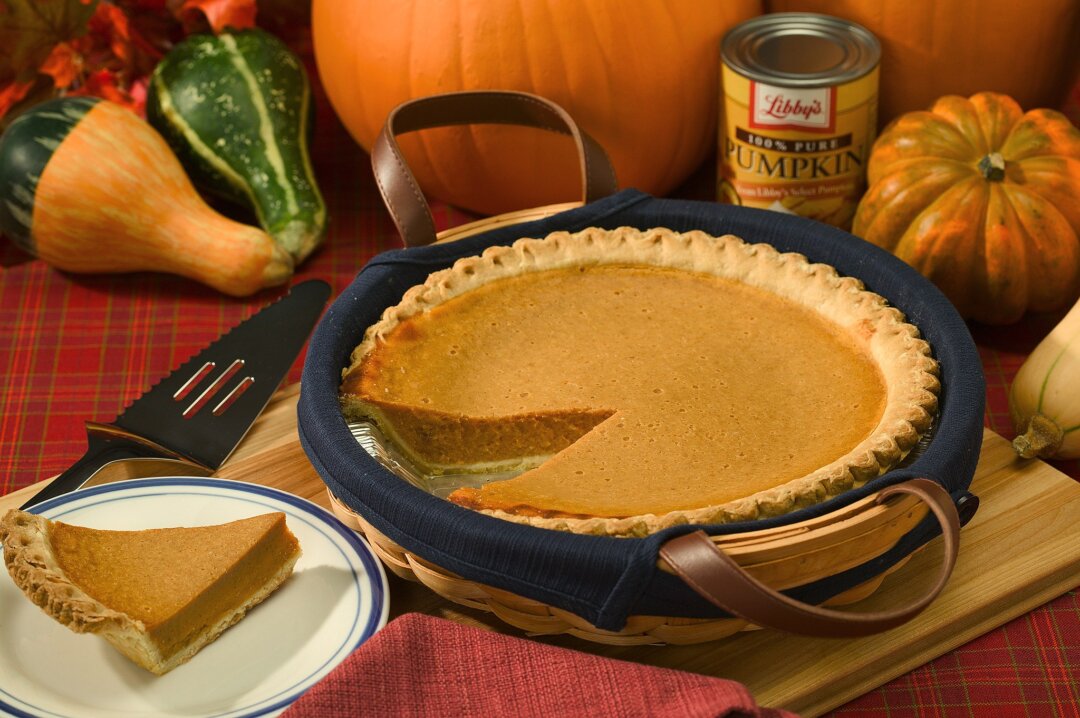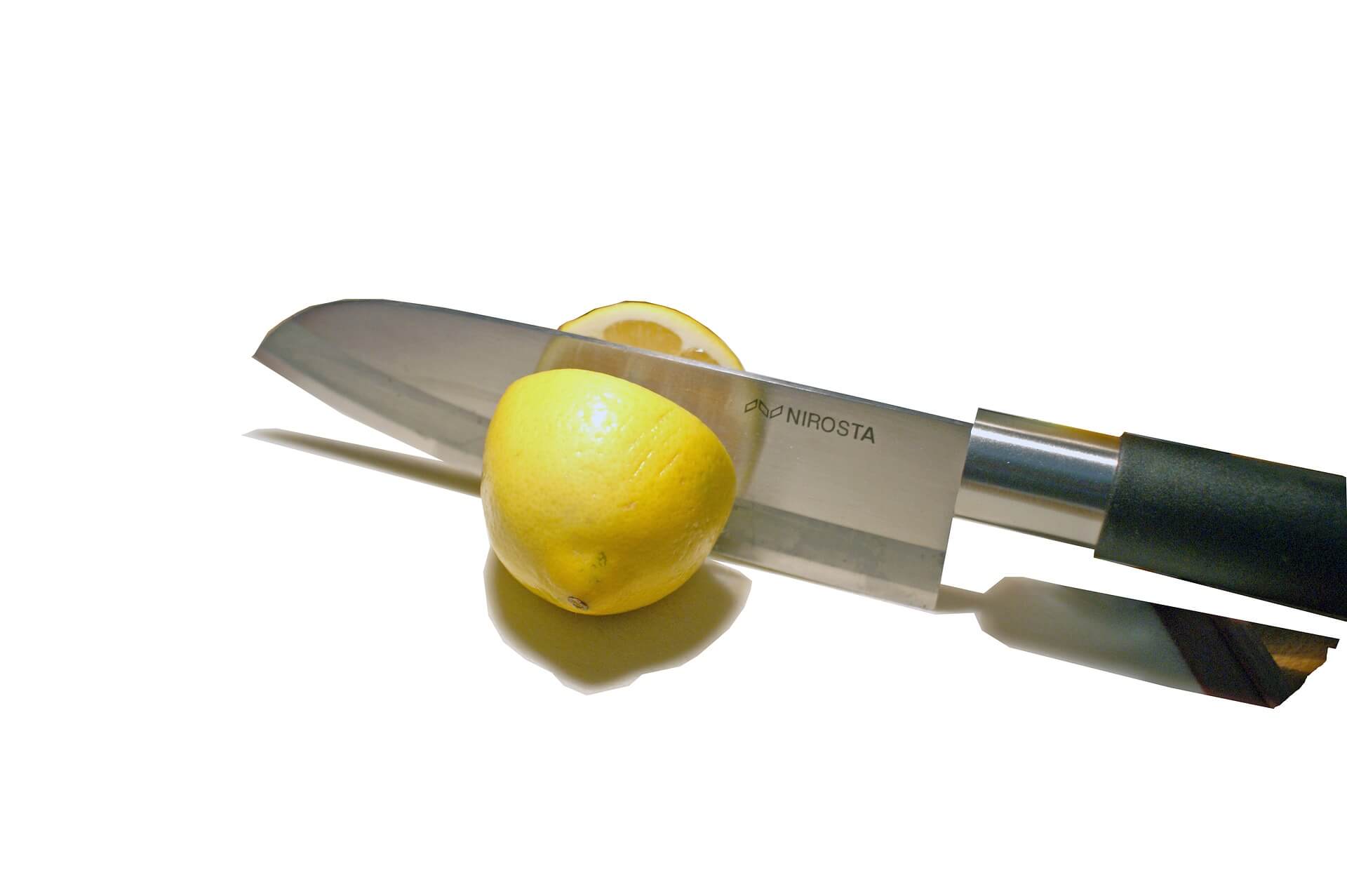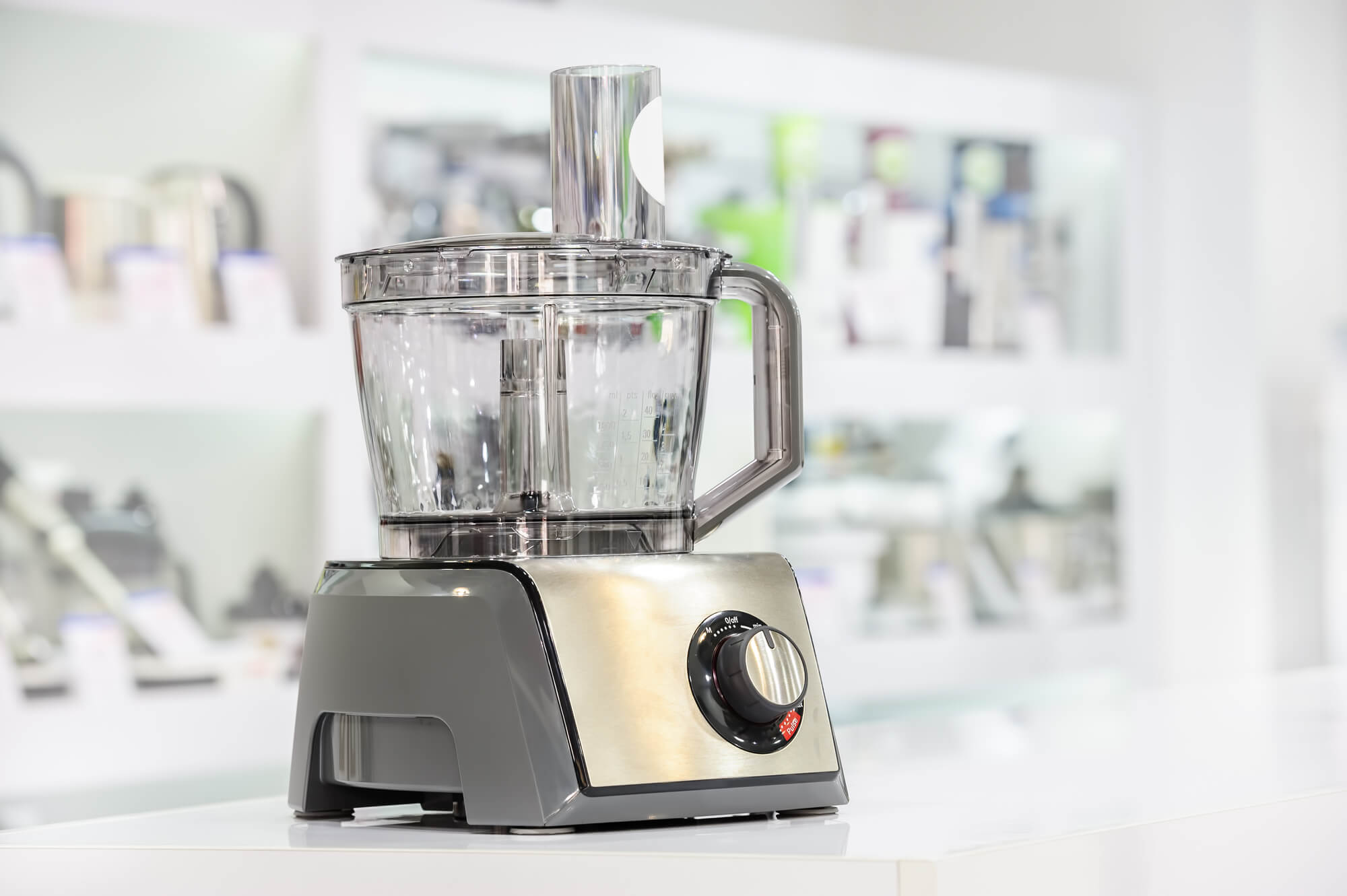Few things in the culinary world can compare to the sweet and savory delight of a freshly baked pie. Whether it’s a luscious fruit pie oozing with seasonal goodness or a hearty savory pie brimming with comforting flavors, pies hold a special place in our hearts and taste buds. But just like any other culinary creation, the freshness of a pie is crucial to fully enjoy its delectable essence. In this article, we will explore the factors that influence the freshness of pies, how long they remain palatably good, proper storage techniques, and ingredients that can affect their shelf life.
How Long Does Pie Stay Fresh?

Homemade lemon meringue pie, a classic of European dessert cuisine, on a cooling rack fresh from the oven
The freshness of a pie is influenced by various factors, including its ingredients, storage conditions, and exposure to air and moisture. Generally, pies can stay fresh for different durations depending on their type:
a. Fruit Pies: Fruit pies typically have a shorter shelf life due to the high moisture content of the filling. On average, fruit pies, like apple, berry, or peach pies, stay fresh for about 2 to 3 days at room temperature. If refrigerated, their freshness can extend to around 4 to 5 days. However, the texture and quality of the crust may diminish over time.
b. Custard or Cream Pies: Pies with custard or cream fillings are more delicate and prone to spoilage. These pies are best consumed within 1 to 2 days when stored in the refrigerator. Due to their high moisture content, they can become soggy and lose their original taste quickly.
c. Savory Pies: Pies with savory fillings, such as chicken pot pie or quiche, have a slightly longer shelf life than fruit or cream pies. When refrigerated, they can maintain their quality for about 3 to 4 days.
Factors Influencing Freshness
a. Ingredients: The ingredients used in a pie play a significant role in determining its freshness. For example, using fresh, high-quality fruits can enhance the shelf life of a fruit pie. On the other hand, if the fruits are overripe or bruised, they may release excess moisture, causing the crust to become soggy and the filling to spoil faster. Additionally, using eggs and dairy products that are close to their expiration date in custard or cream pies can hasten spoilage.
b. Crust Quality: The crust is the foundation of any pie and its texture affects the overall eating experience. A well-made crust can retain its crispness and integrity for a longer time, while a poorly prepared or low-quality crust may become stale or rubbery quickly.
c. Storage Conditions: Proper storage is crucial to maintain the freshness of a pie. When left at room temperature, pies are more susceptible to spoilage, especially if the ambient temperature is warm. Refrigerating pies can significantly extend their freshness by slowing down the growth of bacteria and mold.
Proper Storage After Cooking
To maximize the shelf life and freshness of your pie, follow these storage guidelines:
a. Fruit Pies: Fruit pies can be stored at room temperature, tightly covered with plastic wrap or aluminum foil, for up to 2 days. If you want to extend their freshness, refrigerate them for an additional 2 to 3 days.
b. Custard or Cream Pies: These delicate pies should be promptly refrigerated after cooling to prevent the growth of harmful bacteria. Store them in an airtight container or wrap them securely with plastic wrap to maintain their freshness for 1 to 2 days.
c. Savory Pies: After cooling, store savory pies in the refrigerator in an airtight container or wrapped with plastic wrap. They should retain their freshness for about 3 to 4 days.
Ingredients that Influence Freshness
a. Sugar: Sugar acts as a preservative in pies, particularly fruit pies. It binds with water molecules, reducing the water activity and inhibiting microbial growth, thus extending the pie’s shelf life.
b. Acidic Ingredients: Adding acidic ingredients like lemon juice or vinegar to fruit fillings can help inhibit the growth of bacteria and mold, contributing to a longer-lasting pie.
c. Eggs and Dairy: Custard or cream pies contain eggs and dairy, which are highly perishable. These ingredients can reduce the pie’s freshness, especially if they are near their expiration date or if the pie is not refrigerated promptly.
d. Fresh vs. Frozen Ingredients: Using fresh fruits or vegetables instead of frozen ones can affect the pie’s moisture content. Frozen fruits may release more liquid during baking, leading to a shorter shelf life.
The longevity of pie freshness depends on various factors, such as ingredients, storage conditions, and the type of pie. Fruit pies tend to have a shorter shelf life due to their high moisture content, while custard or cream pies are more delicate and perishable. To ensure your pie remains delightfully fresh, use high-quality ingredients, bake with care, and store it properly in the refrigerator. Remember that a well-made pie can be a culinary masterpiece, offering comfort and joy to those fortunate enough to enjoy it at its freshest best.




